Bloggin Noggin

Nutrition
Why Oomph is better than coffee…
There are 18 brain caring ingredients in Oomph - all designed to help with your noggin’'s everyday needs whilst also supporting your brain health in the longer term.
Ginseng is a key ingredient to help with that much needed energy boost
Here’s why you need it….
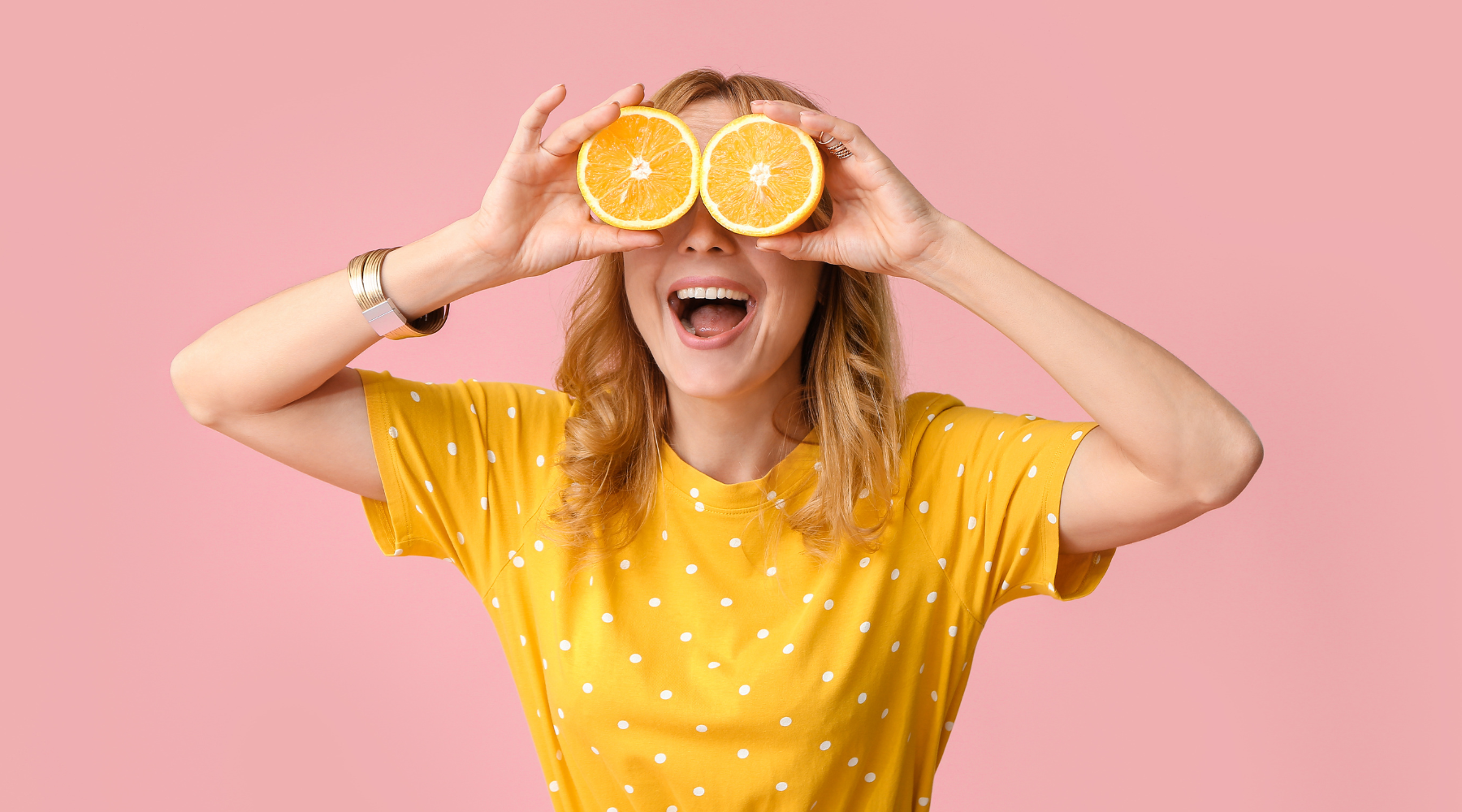
Nutrition
Not Just For Colds: Is Vitamin C Your Brain's Best Friend?
When thinking about Vitamin C, we usually think coughs, colds and oranges, right?
But did you know Vitamin C is a powerful antioxidant that helps protect the brain from damage caused by free radicals? In fact, it's your brain's favourite vitamin. Let's take a look to understand why...
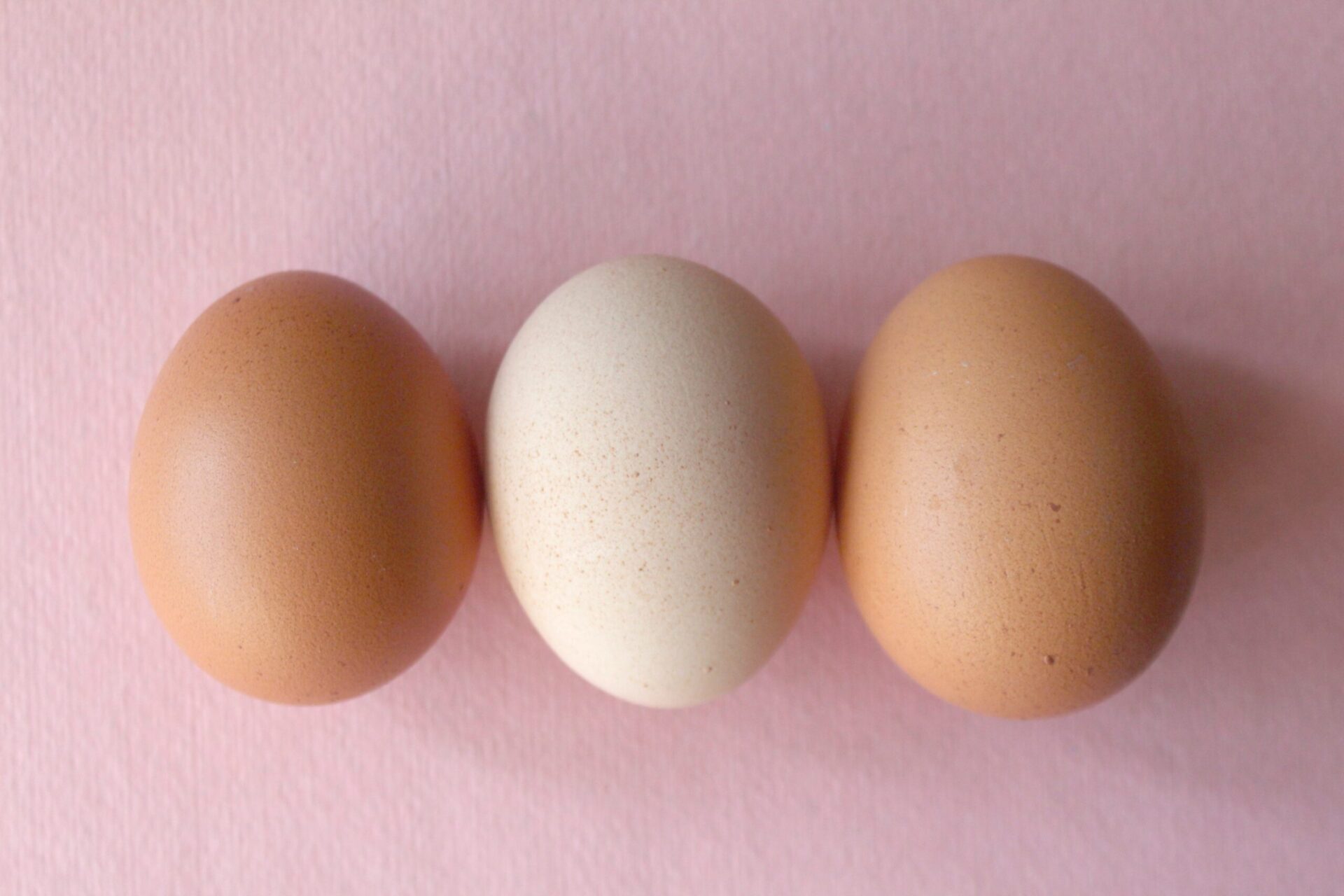
Nutrition
How do you like your eggs in the morning?
Eggs are a nutritional brain health powerhouse - here's why

Nutrition
How many times have you been told to trust your gut feelings?
Do you trust your gut when it comes to making decisions?
How looking after you gut can help with how we feel.
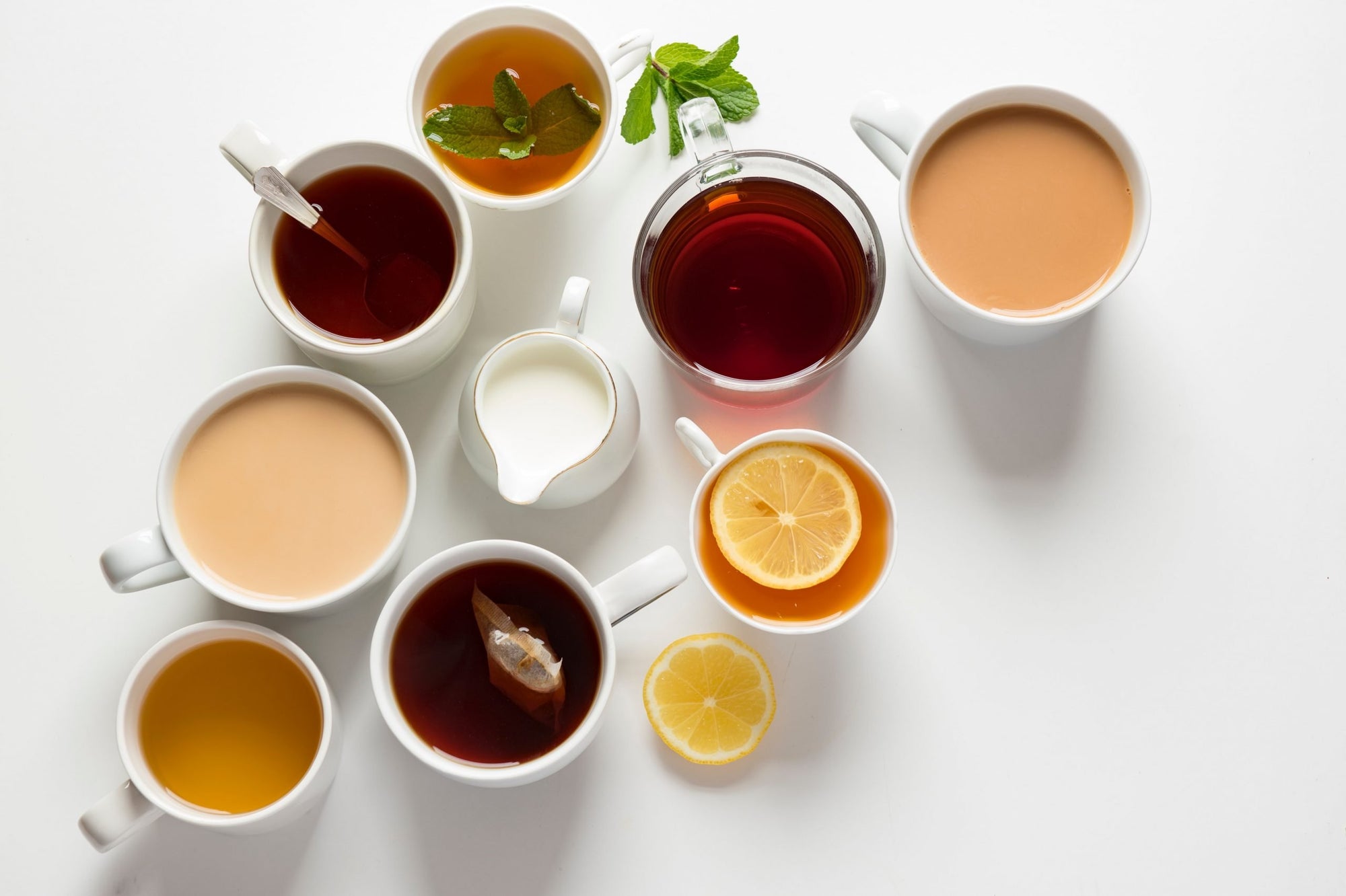
Nutrition
Mood boosting foods: why you should add these five de-stressing ingredients to your shopping list right now
Right now we can all benefit from a little TLC, what with the January blues and everything going on in the world.
When it comes to our mental health, what you choose to eat or drink can positively affect your mental health. In the same way a mug of hot milk can make you feel sleepy or a banana gives you a boost before exercising, what we eat can sometimes impact how we feel.
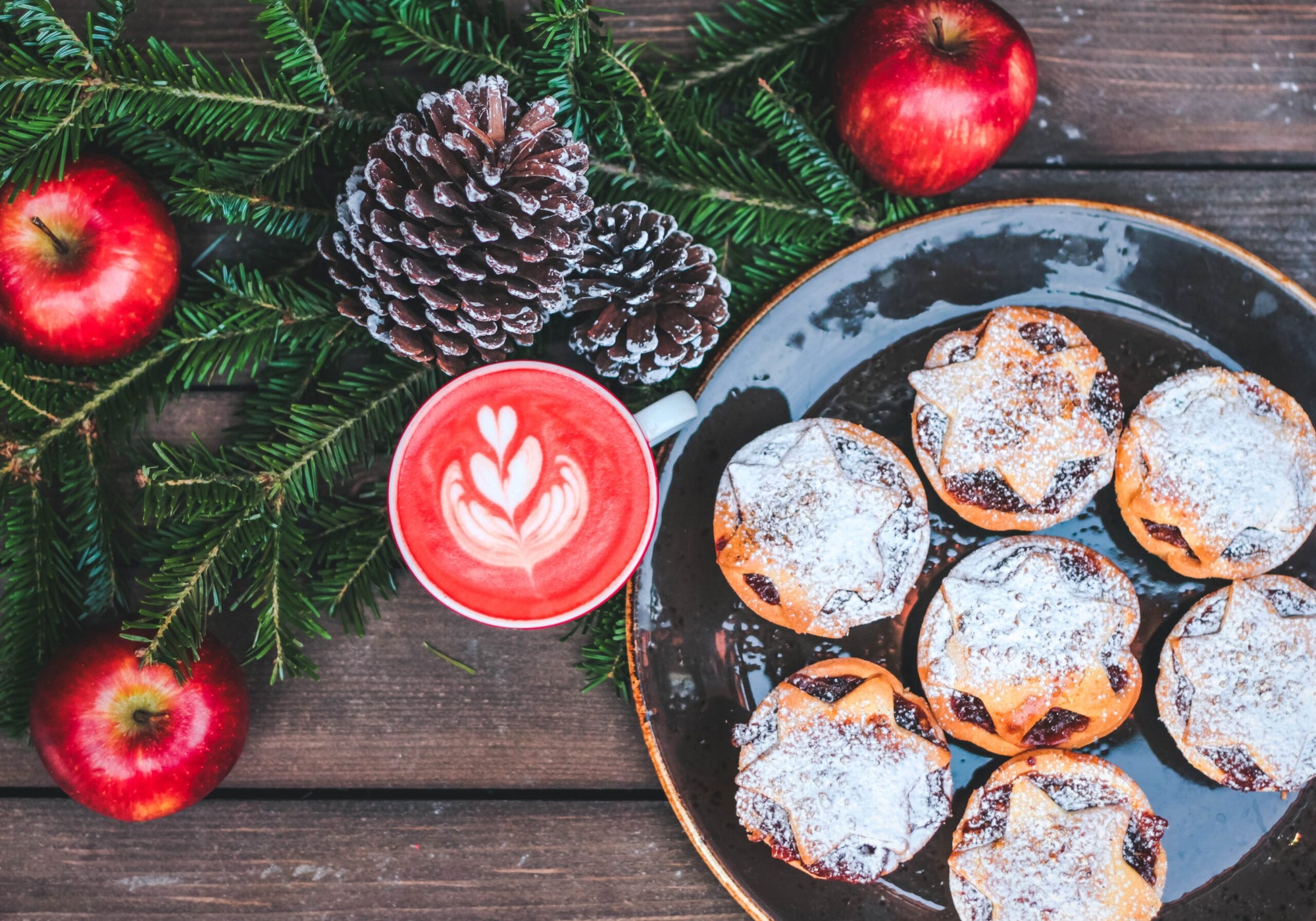
Nutrition
Have a Berry Christmas
Not a typo or a connection to the baking delights of Mary, rather this is a piece on the strong scientific evidence which exists to demonstrate that eating blueberries, blackberries, strawberries and other berry fruits has beneficial effects on the brain and may help prevent age-related memory loss and other changes.
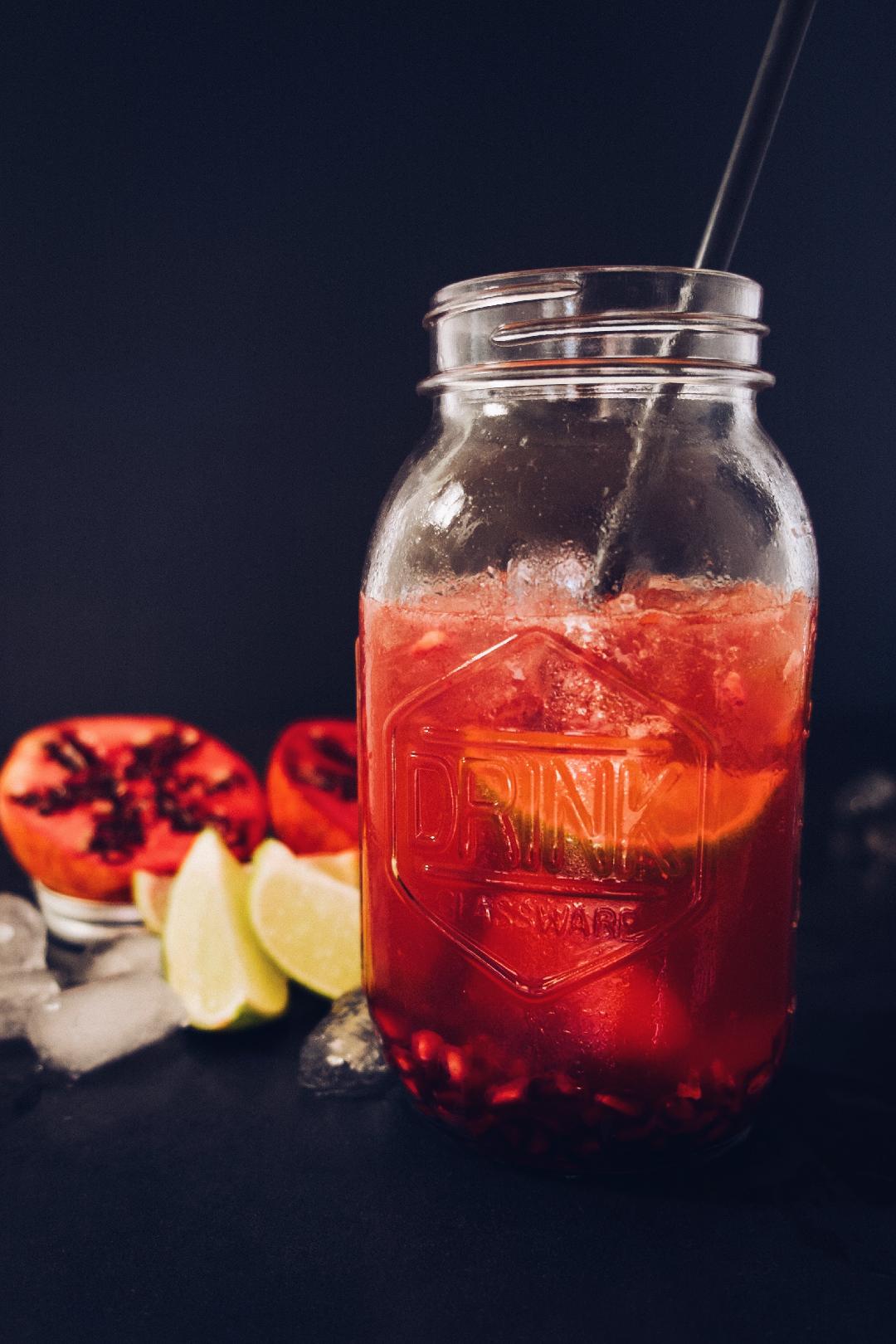
Nutrition
'Tis the Season to be thirsty
With the festive season upon us with spiced pumpkin and cinnamon lattes or mulled wine being offered, here’s our guide to the drinks which you could choose to benefit your brain health. As always, it’s about balance and we've blogged before about the brain health benefits of coffee, water and wine.
Here are some other options we recommend.
Green Tea
Not everyone is a fan of the taste of green tea but if you don’t mind it’s flavour this is a good source of two brain boosting chemicals.
Green tea’s caffeine content is much lower than that of coffee but it’s also good for us as it contains two promising nootropic compounds, stick with me these are — l-theanine and epigallocatechin gallate (EGCG). Studies have suggested that l-theanine may promote relaxation, as well as that l-theanine combined with caffeine may improve attention.
Kombucha
Kombucha is a fermented drink usually made from green or black tea, plus fruit or botanicals and its major benefit lies in its ability to introduce beneficial bacteria called probiotics to your gut. There are a number of companies in the UK making it. One supplier we recommend in Scotland, is Clever Kombucha. Check out their FAQs on everything you need to know about Komubucha.
Green juices and smoothies
We generally recommend making your own green juices or buy from a fresh supplier as the bottled ones you see in some coffee shops in plastic bottles can be packed with sugar and are lower in nutrients than the fresh alternatives. Always try to add leafy greens and fruits low in sugar. We’ve compiled a list of brain boosting foods you can add to your juices. You could also add a protein powder
Turmeric lattes
You can buy matcha or turmeric lattes from many high street and independent coffee shops.Sometimes known as golden milk, turmeric lattes are warming, creamy drinks featuring the yellow spice turmeric. This powerful spice contains the antioxidant curcumin, which may increase your body’s production of what is called brain-derived neurotrophic factor .
Low BDNF is associated with mental deficits and neurological disorders, raising BDNF levels has been linked with improved brain function.
Kefir
Like kombucha, kefir is a fermented beverage packed with probiotics and is made from fermented milk rather than tea.
A study has found that it may aid brain function by promoting the growth of healthy bacteria in your gut and we know gut and brain health are intrinsically linked.
We are a fan of the award-winning Chuckling Goat kefir, read more on their product here.
Fruit juice - ideally along with the rest of the fruit
When it comes to getting your five a day, eating an orange is the better way to consume vitamin C over drinking orange juice because the whole fruit is lower in calories and sugar and higher in fibre but hey, this post is about drinking it. One review of 50 human studies found that those with higher blood levels of vitamin C or a higher self-reported vitamin C intake had better attention, memory, and language scores than those with lower blood or intake levels.
Keep Well, Dr Clara Russell
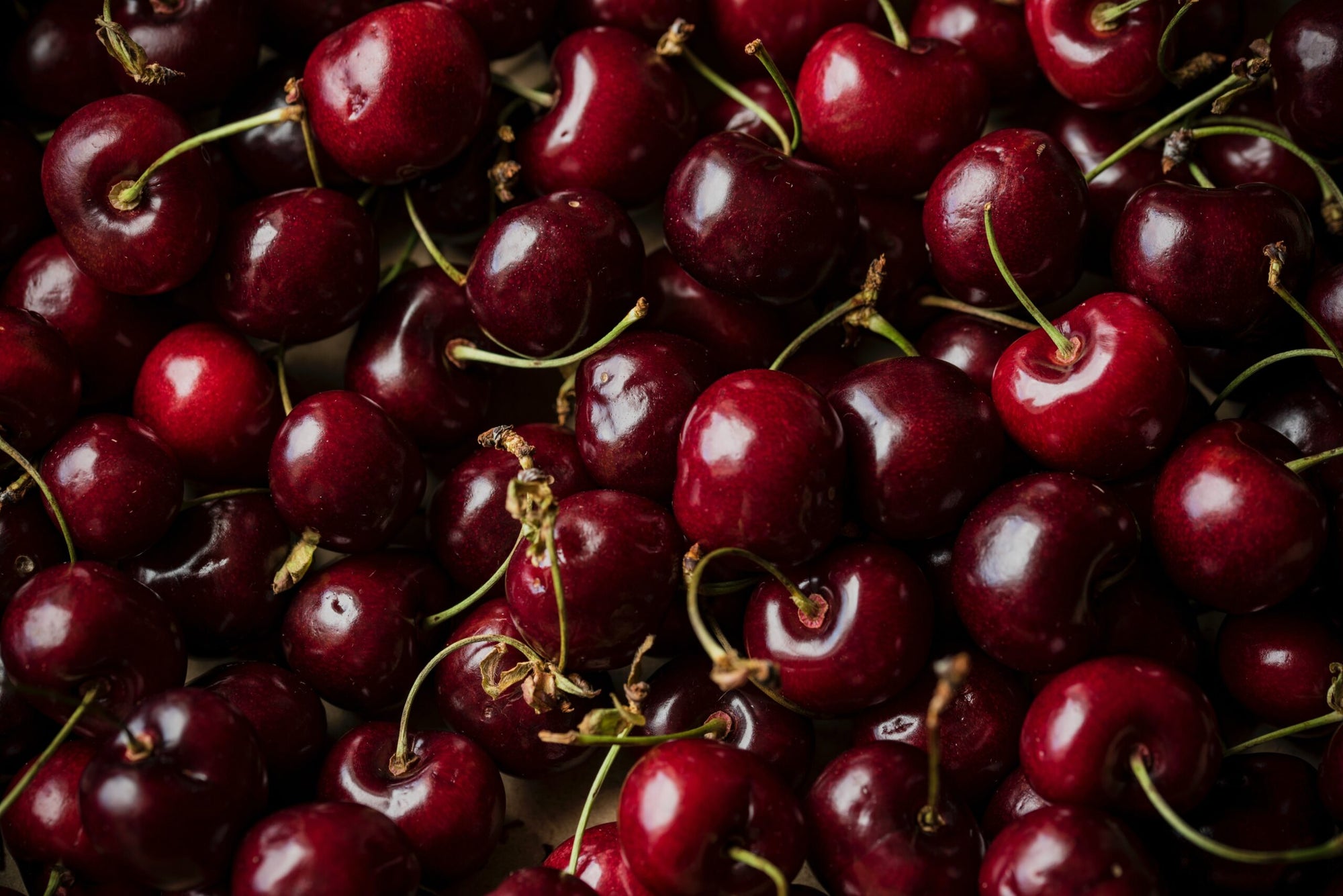
Nutrition
Tis the season to Eat
Whilst many aspects of this Christmas are going to be different to 'normal', there are still lots of yummy Christmas treats around to snack on. As the evenings get longer and without a Christmas Night Out in sight, those stollen bites, mince pies and chocolate Santas look even more appealing. Whilst we know how tasty these treats are, and as much a part of the Festive season as watching Elf and tree decorating, it's a good idea to balance these with some healthier more nutritious options too. Too much sugar can make us irritable and tired and we don't need any more reasons to feel like that in 2020.
Snacking
When it comes to snacking, it’s always better to reach for the healthier, lower sugar snack if you can.
With so many of us working form home, there is the temptation to have a cuppa and a biscuit whenever the kettle is on.
Try to swap out tea or coffee with a sugary snack for a glass of water and one of these suggestions for healthier snacks.
Bananas
Bananas are full of fibre, and brain friendly vitamin B6 as well as Vitamin C and other anti oxidants. Bananas also contain magnesium, a nutrient that might improve sleep quality.
Pistachios
Pistachios have many health benefits and also are one of the most vitamin B6-rich foods around.
They contain a lot of melatonin compared to other foods. Melatonin is a hormone that is associated with sleep.
Seeds
Seeds can be high in tryptophan which is a chemical associated with sleepiness and serotonin.
Pumpkin seeds contain a lot of tryptophan and are easy to eat.
Fresh Berries
Fresh berries are a great snack as they’re low-calorie, packed with nutrients, easy to prepare.
Blueberries in particular have been found to be beneficial for brain health.
Cherries
Cherries are high in melatonin and low in calories. Some research on cherries and cognition can be read here.
Keep well,
Dr Clara Russell

Nutrition
Cholesterol-brain friend or foe?
“I’ve got a cholesterol of 6.4, is that bad?” is the type of question I often hear people ask. If only there were a simple answer....
First things first-what is cholesterol anyway and why do we need it? Or do we need it at all?
Cholesterol is a waxy type of fat found within our cells. We have heard about cholesterol for decades and its role in our chances of suffering with heart disease. The first version of this story was that high cholesterol is bad and increases for having a heart attack. But over recent years we have learned that there is a lot more to the cholesterol question than interpreting a single number
Cholesterol is a heart thing right, so why does that matter for my brain?
Zoom quiz fact coming up. Your brain accounts for only 2% of your body’s weight but it contains 20%, yes 20%, of your cholesterol. So your brain cares about how much cholesterol you have circulating.
I thought cholesterol was responsible for blockages in blood vessels?
Cholesterol is a multi tasker -in the brain, cholesterol is involved in a number of key processes. These include contributing to communication channels between brain cells allowing neurotransmitters dopamine and serotonin to get to work. Cholesterol also has an important job in the insulation of brain cells by forming the basis of myelin, a nerve cell coating that has a crucial role in keeping these cells running smoothly. Is if that wasn't enough, cholesterol substance also forms the basis of some our hormones which are essential to overall health
So should cholesterol be low or high, I’m confused?
Blood results only reveal a limited part of the puzzle. Whilst high cholesterol has been long associated with an increased risk of stroke or some types of dementia, there is more to it when we are considering brain health. With regard to our brains, studies have shown that having cholesterol on the higher side of normal may actually improve cognitive performance in some populations in later life. But the key is understanding that not all cholesterol is equal so we have to think more about what we eat, specifically in regards to both fat and sugar intake.
The F word
Fats act as a source of energy and also are involved in forming building blocks of brain cells. Eating fat is important for the health of your brain. But before you order another takeaway, remember that not all fats are equal. Trans fats- the types of fat that are found in processed foods- are the opposite of brain friendly fats. It can be hard to avoid trans fats totally as they creep into many foods that we have in a packet in our cupboards as well as the more obvious sources such as deep fried foods.
So should I be eating fat or not?
Our brains thrive on healthy fats. Especially growing brains, studies have shown that pregnant women who eat more fish and have higher levels of so-called long chain omega 3 have offspring with higher verbal IQs. Foods rich in omega 3 fats have also been shown to reduce symptoms of depression. Rather than getting fixed on numbers, thinking about how we can increase our intake of healthy omega 3s, reduce intake of transfats and keeping sugar filled processed food to a minimum is essential to looking after our brain health at all stages of life.
Brain healthy sources of fat include avocados, wild salmon, nuts and seeds.
Keep Well
Dr Clara Russell
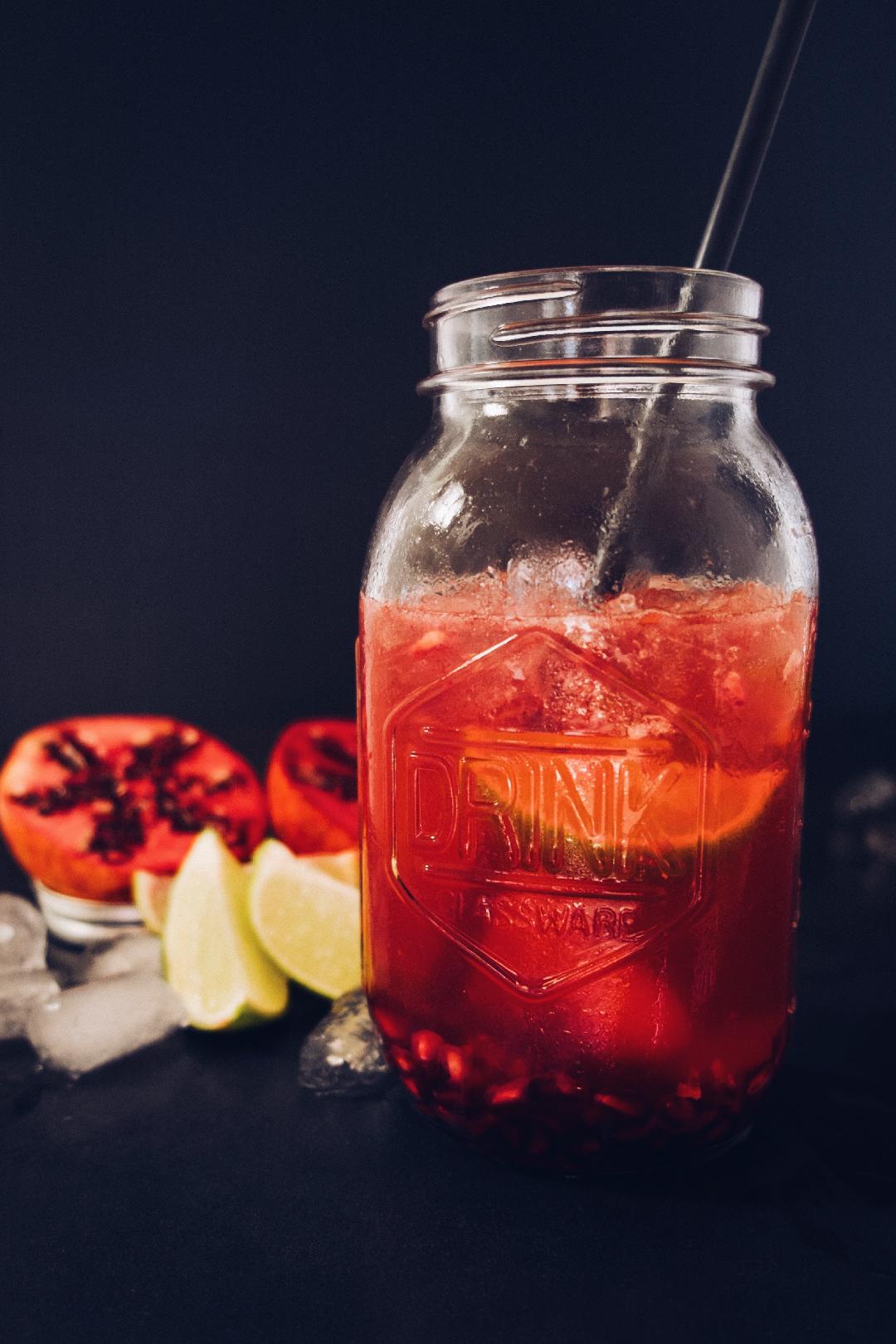
Nutrition
Want to feel less tired AND less grumpy? Drink up!
Your brain is strongly influenced by your hydration status and studies show that even mild dehydration can impair many aspects of brain function including irritability, tiredness and decision making
Whilst the wonders of water are familiar to us all, drinking water ALL the time can get a little (shhh) boring. So here are some other ideas to try to keep your brain and body hydrated.
(Fresh juice doesn’t have to be green or full of spinach to be healthy).
Beetroot juice
Jam-packed with essential vitamins and minerals – including vitamin B9, manganese, potassium, iron, and vitamin C – as well as several potent antioxidants and plant compounds, this
is great when combined with apple, carrot and ginger.
Black coffee
The health benefits of black coffee have been widely documented, due to its high levels of antioxidants and beneficial nutrients, including vitamin B2, vitamin B3, vitamin B5, manganese, potassium, and magnesium.
Coconut water
Coconut water is a natural source of electrolytes, including sodium, potassium, magnesium, and calcium, meaning it is a great way to rehydrate.
Cranberry juice
Unsweetened this juice is full of vitamins and minerals, including vitamin E, vitamin C, and copper, as well as various phytonutrients that give cranberries their anti-inflammatory properties.
It can also support good urinary tract health. There is growing evidence that the phytochemicals contained in cranberries play an important role in digestive health.
Green tea
Regarded as one of the healthiest beverages on the planet, green tea has been linked to all manner of benefits, from boosting brain function – thanks to its high caffeine and L-theanine content – to reducing blood sugar levels. Here are 10 evidence based health benefits of green tea.
Hot chocolate
Made with 100 per cent cocoa or cacao powder and mixed with warm milk ( rather than one of the sugar laden, instant versions ) hot chocolate will provide antioxidants known as polyphenols, which could help to support a healthy heart. Cocoa is one of the richest sources of polyphenols – especially flavanols, which have impressive antioxidant and anti-inflammatory effects.
Want to read more about the benefits of chocolate ( who doesn't ?!) catch up with the science here.
Hot Water + Lemon
This is a great morning tonic which I sometimes have with Manuka honey and apple cider vinegar.
When making lemon water, always use fresh lemons rather than artificial lemon from a bottle.
To make lemon water, squeeze half a lemon into mug of warm water.
One way to infuse more flavour or add a health boost to your lemon water is by adding
a teaspoon of maple syrup or raw honey
a few springs of mint
a slice of fresh ginger
a dash of matcha poweder
1/2 teaspoon of cinnamon
a sprinkle of turmeric
Infused water
Why not try infusing filtered water with fruits, veggies, or fresh herbs? You could even use sparkling water if you prefer the fizz.
Mint and cucumber, orange and lemon are two refreshing combinations. Read more here: 7 Benefits of Cucumber Water.
Kombucha
Kombucha is made by adding specific strains of bacteria, yeast and sugar to black or green tea, and then leaving it to ferment for a week or sometimes longer.
It contains the same bioactive compounds found in tea – such as polyphenols – with the added benefit of gut-healthy probiotics.
It’s also high in acetic acid, which has strong antibacterial properties.
Peppermint Tea
This herbal tea contains several key essential oils including menthol, menthone and limonene – as well as micronutrients and plant compounds.
These support heart health, calm the nervous system, and help to relieve gas, bloating and indigestion.
Naturally caffeine and calorie free, peppermint tea may also help to soothe the digestive system.
Pomegranate juice
Pomegranate juice contains far higher levels of antioxidants than most other fruit juices. Pomegranate juice contains more than 100 phytochemicals.
Pomegranate fruit has been used for thousands of years as medicine. As with all fruit juices, sugar content can be pretty high so keep any fresh fruit juice to a small glass a day and enjoy the fruit as a whole if you fancy drinking more.
Tomato juice
Highly nutritious – in fact, just one 250ml cup of tomato juice nearly covers your daily needs for vitamin C, and more than one fifth of your vitamin A requirements.
It’s also high in lycopene, another powerful antioxidant known for fighting inflammation.
Keep well, Dr Clara Russell








